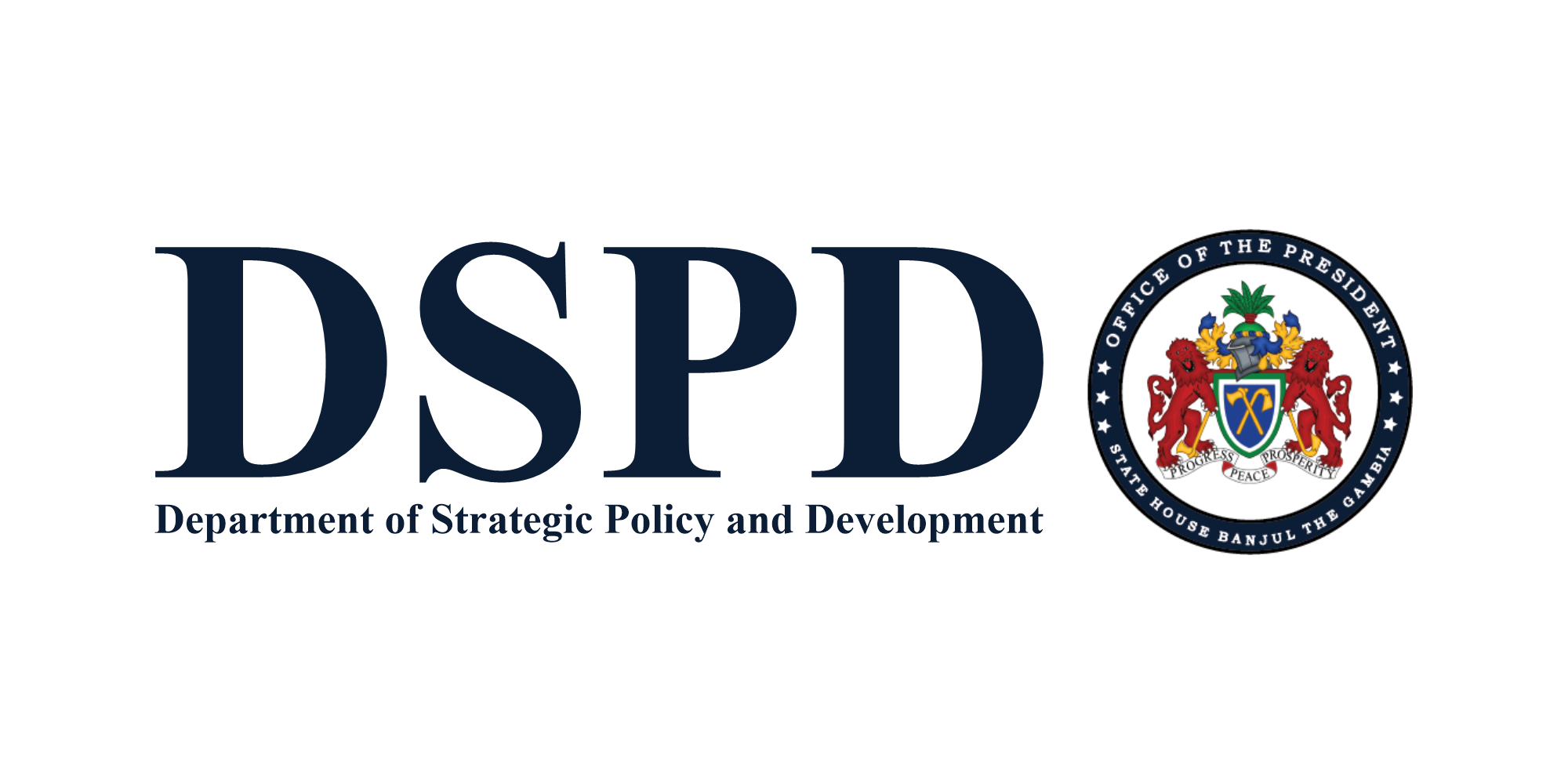Background Information
The current Policy Analysis Unit was created at the Office of the President sometime in the
1980s; to provide policy advisory support to the President through the Office of the Secretary
General and Head of the Civil Service. The Office of the President sought technical
assistance from United Nations in 2015 to assess the institutional capacity of PAU as the
basis for strengthening its ability to deliver quality services to the sectors (see: UN, 2015)
It has been difficult to establish the exact date for the creation of the Unit and its official
Terms of Reference (mandate and functions) for lack of documentary evidence, but during
the 2015 assessment, most senior government officials interviewed agreed that it was created
sometime in the 1980s. Since that period the Unit went through an undulating period of
influence when it was at some point at the centre of most policy decision-making processes at
the level of the Executive to periods when its influence in this arena dwindled.
Among other issues, the assessment noted that the location of PAU at the premises of the
Office of the President provides it with recognition and leverage but being at the heart of
government this often resulted in the PAU being drawn into taking over other of
responsibilities outside the scope of its main mandate and functions.
The assessment also reviewed the current management structure of PAU with the Head of the
Unit as Director. It noted that, to ensure an attractive career structure for staff, there is the
need to reform and restructure the management structure to one that upgrades the position of
Director to that of Director General and that way provide room for the creation of technical
units to provide professional support to the Director General in the implementation of the
activities of PAU.
It was noted that the PAU does not have a strong presence with the sectors, giving rise to
unfavourable perceptions of the usefulness of the Unit to support policy development,
coordination and management generally in the country – which may also have been affected
by staffing levels and competences. In addition, without the appropriate operational support
in terms of required office space, equipment and materials, PAU’s ability to deliver quality
services to stakeholders is seriously constrained.
However, the assessment noted the efforts by the Directorate of Development Planning
(DPP) of the Ministry of Finance and Economic Affairs at creating or strengthening Planning
Units as well as spearheading the development of sector Strategic Plans, which provides an
opportunity to seek collaborative partnership with DPP with a view to strengthening its
engagement with the sectors – enabling DPP to focus on coordinating the planning, M&E and
strategy development functions of the Planning Units while PAU focuses on coordinating
sector policy development, analysis and management.
2The assessment also looked at the perception of sectors awareness of the PAU’s mandate, its
usefulness to sector needs in policy development as well as expectations of what PAU should
do to serve the sectors better. Generally, this understanding and definitions of responsibilities
were poor, with even the staff of PAU showing conflicting understanding of the actual
mandate and functions are. This lack of proper understanding of the mandate and functions of
the PAU was seen as presenting a real opportunity to boost the performance of the Unit, by
clarifying and ensuring that it is not involved in other tasks that fall outside of its core
mandate.
Most stakeholders agreed that the Presidency should be providing advice and support to
sectors on policy development and implementation, develop sector policy development
capacity, undertake independent monitoring and evaluation of the progress of implementation
of sector policies and strategies and use the results to provide feedback to the Executive and
development partners. In addition, there was felt a need to provide direct support to the
President in his oversight of policy development and implementation, by analyzing policies
and reports destined for Cabinet approval.
A body that can provide oversight of the policy development continuum and be well integrated in the process so that its value added/demand’ for its services is not in question and such that it is in regular and systematic engagement with the executive, the cabinet sub- committees and the sector ministries; it can help to:
